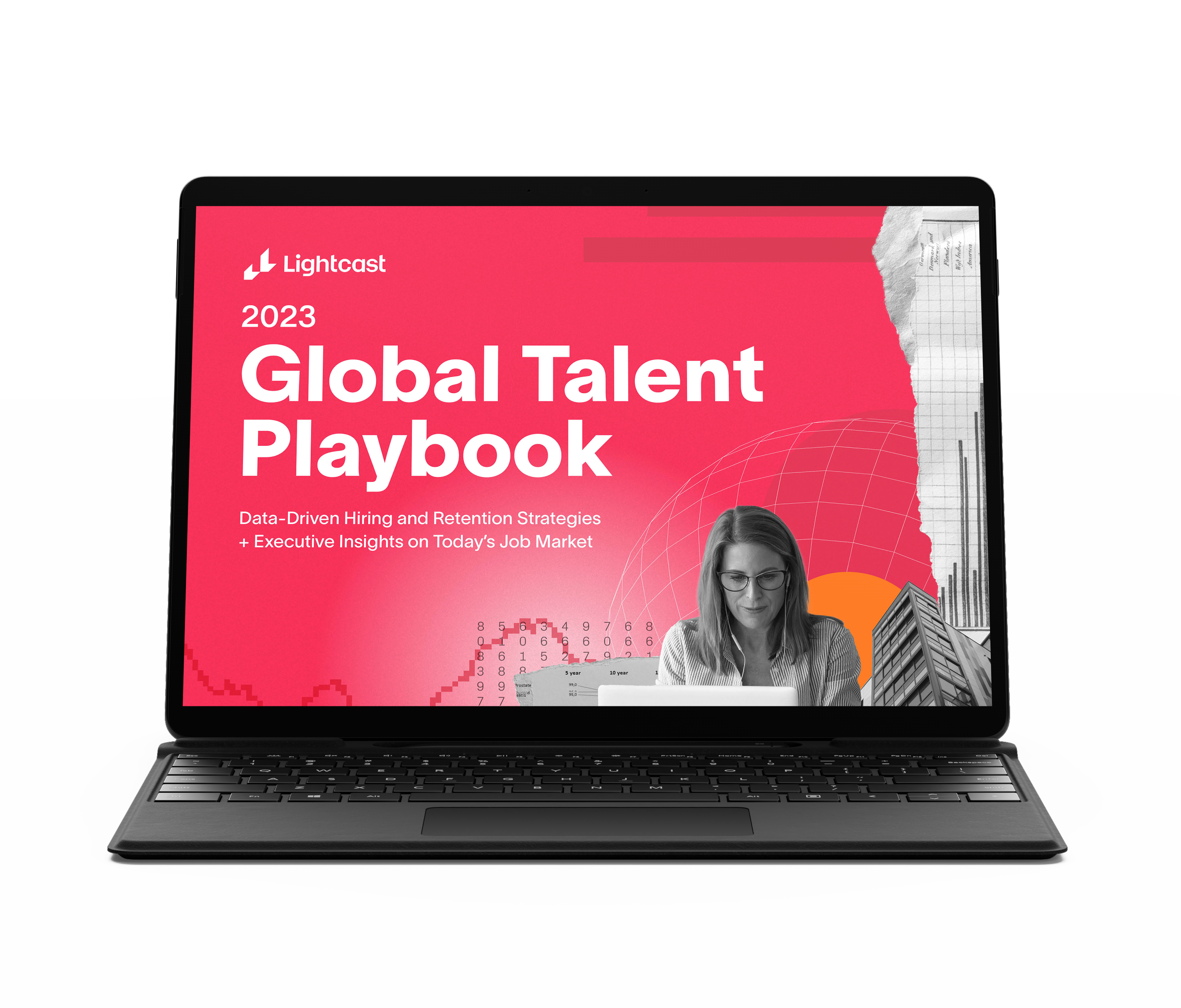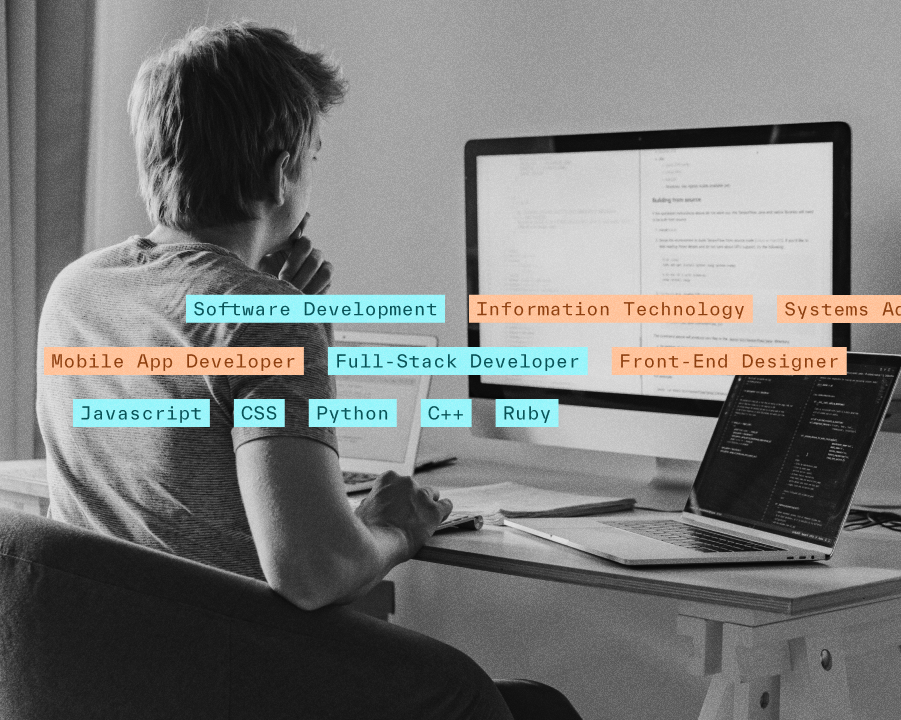The world of work has been shifting quickly. Even prior to Covid, the pace of change was already hotting up, particularly with the accelerated demand for things like digital, AI and green skills. Then came Covid, and in the space of three years labour markets have gone from an initial increase in unemployment, followed by an unusually tight, candidate-driven market, followed more recently by a series of layoffs from some of the largest corporations, particularly in the tech sector.
And this isn’t all, unfortunately. The cost of living crisis, the energy crisis and the war in Ukraine have created unprecedented economic repercussions in Europe, some of which are still unfolding. These factors are bound to make many business leaders nervous, which in turn forces them to reconsider their strategies, to make them as bulletproof as possible in such turbulent times.
Sometimes you have to pivot, to make sure you retain your existing employees and hire new talent for your business. And to take action, you need a clear understanding of what exactly is changing around you.
As the global leader in Labour Market Analytics, Lightcast is ideally placed to shine a light on this situation and to offer helpful tips on how to develop a truly data-driven approach to hiring and retaining talent. This is why we’ve put together a Global Talent Playbook that contains a wealth of actionable information and guidance to help you with your talent strategy in 2023.
In our previous blog, we discussed some of the significant industry and skills trends for 2023. In this blog, we guide you through the emerging roles across Europe, and how wages and employee benefits are changing.
Emerging roles
“You’re on mute” was an expression that marked 2020, and it doesn’t seem like it will go out of fashion anytime soon. Three years later, remote or mobile working is still one of the biggest labour market trends globally. New roles come and go to suit business needs, but a key characteristic of these is being remote/mobile or hybrid. Hybrid Remote Developers in the UK, for instance, have grown by a sky-high rate of 3,495%. C-suite roles have had a steep growth too, particularly in technology areas such as software, engineering and IT.
What does this mean for your talent strategy?
 If you are hiring or planning to hire for emerging roles, you need people with specific skills. Not every candidate will have a degree in Environmental Management or know how to programme with Python. They may not even be anywhere near where your office is located. Finding talent is challenging, yet crucial to taking your business to new heights.
If you are hiring or planning to hire for emerging roles, you need people with specific skills. Not every candidate will have a degree in Environmental Management or know how to programme with Python. They may not even be anywhere near where your office is located. Finding talent is challenging, yet crucial to taking your business to new heights.
First, you need to define a list of specialised skills for each position you are advertising for. Consider where these candidates are located and their working preferences. You may even want to look at the top universities for those skills.
Then, you need to write optimised job postings to ensure that you target and attract suitable candidates. Easier said than done - we know. However, Lightcast offers a number of solutions that can help you understand the skills you have in your current job postings or how to craft strategic job descriptions to attract qualified applicants. Or you can head to our free European Insights dashboard, which not only gives you data on the top occupations across a number of European countries, but also enables you to check the top specialised and common skills that employers request for these roles.
Pay transparency
Closing compensation gaps is of global concern, particularly when it comes to gender and race inequalities. The EU has introduced pay transparency rules to enforce equal pay between genders and support victims of pay discrimination. And it isn’t alone.
In 2022, the UK launched a pay transparency pilot scheme in which participant employers agree to share salary details on job postings and not ask their candidates for salary history. And just last December, the Australian government passed the Secure Jobs, Better Pay Bill prohibiting pay secrecy clauses.
While pay equality is yet to be achieved, these measures are prompting change where change is due. Globally, the share of postings advertising a wage has increased to over 40%.
Change is the only way forward
As a talent leader, you know you can’t play a waiting game. 2023 is a transformational year that requires you to rethink, re-strategise and innovate. By leveraging our data, you can get a deep understanding of how the labour market is changing around you: what skills you should be advertising for, how to upskill and retain your workforce, and how to attract the best talent. Check our complete Global Talent Playbook for further insights into 2023 Talent trends, or get in touch with our team.



